How to Choose the Right Upvc Sch80 for Your Plumbing Projects
Table of Contents
- Understanding UPVC Schedule 80 and Its Benefits in Plumbing
- Factors to Consider When Selecting UPVC Schedule 80 Piping
- Key Differences Between UPVC Schedule 40 and Schedule 80 Pipes
- Tips for Proper Installation of UPVC Schedule 80 in Your Projects
- Common Applications for UPVC Schedule 80 in Plumbing Systems
- Maximizing Efficiency: A Comprehensive Guide to 2022 China Valves Factory Control Valve Solutions and UPVC PVC Ball Valves Trends
- FAQS
- Conclusion
- Related Posts
In the fast-moving world of plumbing, picking the right materials really matters if you want your system to last and work efficiently. One material that's been gaining a lot of attention lately is Upvc Sch80. It's well-known for being super strong and resisting high pressure—that's a big deal! Did you know that industry experts predict the global plastic pipe market will hit around USD 90 billion by 2025? A big chunk of that growth is thanks to Upvc pipes, because they’re durable and don’t break the bank. Here at Ningbo Pntek Technology Co., Ltd., we’ve been in the game for over 10 years, supplying top-quality plastic pipes, fittings, and valves. We totally get how important it is to choose wisely for your plumbing projects. So, in this blog, I’ll walk you through how to pick the right Upvc Sch80 for your needs—so you end up with a reliable, high-performing setup that you can count on.

Understanding UPVC Schedule 80 and Its Benefits in Plumbing
When you're diving into plumbing projects, picking the right materials is a big deal if you want things to last and work smoothly. You’ve probably heard about UPVC Schedule 80 pipes—they’re pretty popular because they handle pressure really well and resist corrosion, which is super important for tough plumbing jobs. These pipes can handle higher temps and more pressure than your regular UPVC pipes, so it’s no wonder many pros prefer them. Honestly, they’re a reliable choice for the more demanding setups.

A quick tip before you buy: take some time to really think about what your project needs. Things like the environment, temperature changes, and what fluids you're moving matter a lot. Also, don’t skimp on quality fittings and valves—things like those from Ningbo Pntek Technology Co., Ltd. can make a huge difference in how reliable your whole setup is.
And one more thing—make sure you pick the right size and thickness for your UPVC Schedule 80 pipes. Choosing the wrong ones can mess with flow rates and even cause leaks or bursts under pressure. If you're feeling unsure about what you need, don’t hesitate to chat with a pro. Better safe than sorry, right?
Factors to Consider When Selecting UPVC Schedule 80 Piping
When you're choosing UPVC Schedule 80 pipes for your plumbing projects, there are a few important things to keep in mind to make sure they work well and last a long time. First off, you wanna pay attention to the pressure rating of the pipes. According to the folks at ASTM, these pipes can handle higher pressure applications—up to around 800 PSI—which makes them a good fit for industrial and commercial plumbing jobs.

Another thing to think about is how much heat the pipes can handle. UPVC Schedule 80 can usually tolerate temperatures up to 140°F (60°C), but it’s super important to consider the specific thermal conditions of your project. From what I’ve seen in industry reports, about 20% of plumbing failures happen because the wrong material is chosen for the temperature or pressure needs—so careful planning really pays off.
Don’t forget about how easy they are to install and whether they’ll work with your current system. Many find that UPVC pipes cut down installation time quite a bit because they’re lightweight and have simple jointing methods. This can save you both time and money—something we all appreciate! Keeping these points in mind will help you pick the perfect UPVC Schedule 80 pipes for whatever you’re working on.
Key Differences Between UPVC Schedule 40 and Schedule 80 Pipes
When you're working on plumbing projects, choosing the right type of UPVC pipe is super important if you want things to work smoothly and last long. The main difference between Schedule 40 and Schedule 80 pipes is pretty much in their thickness and how much pressure they can handle. Schedule 40 pipes tend to have thinner walls, so they're lighter and easier to carry around—which makes them perfect for home plumbing or stuff like drainage systems where you don’t need to deal with high pressure. They can handle up to about 140 PSI, so they’re good for less intense setups.
Now, on the flip side, Schedule 80 pipes are thicker, which means they can take a lot more pressure—up to 280 PSI. That extra strength makes them a better choice for industrial stuff or situations where the water pressure is higher. Plus, the thicker walls make these pipes more durable, so they can handle knocks and external pressures better. All in all, knowing the difference between these two options helps you pick what’s best for your specific project, making sure everything’s reliable and lasts a good long time.
How to Choose the Right Upvc Sch80 for Your Plumbing Projects - Key Differences Between UPVC Schedule 40 and Schedule 80 Pipes
| Attribute | UPVC Schedule 40 | UPVC Schedule 80 |
|---|---|---|
| Wall Thickness | Thinner | Thicker |
| Pressure Rating | Up to 230 psi | Up to 480 psi |
| Applications | Drainage and water supply | Industrial applications and high-pressure systems |
| Weight | Lighter | Heavier |
| Cost | Less expensive | More expensive |
| Availability | Widely available | Less common |
Tips for Proper Installation of UPVC Schedule 80 in Your Projects
Whenever you're working with UPVC Schedule 80 pipes for your plumbing projects, it’s super important to pay close attention during the installation process—trust me, it makes all the difference in how long your system lasts and how well it works. Taking the time to install these pipes correctly not only helps prevent leaks but also boosts the overall performance of your plumbing setup.
One tip I always swear by is making sure the pipes and fittings are clean and dry before you apply any solvent cement. It might seem like a small thing, but it really helps prevent contamination that could weaken the bond. Also, don’t be shy about applying the cement generously and evenly—making sure all the surfaces touch nicely means a stronger, more secure fit.
Another thing to keep in mind is that UPVC pipes can expand and contract a bit with temperature changes. So, it’s a good idea to leave some space for movement during installation. Using expansion joints can be a real lifesaver here—they help handle those shifts without stressing or damaging the pipes. If you keep these little tips in mind and follow them carefully, your UPVC Schedule 80 plumbing project should turn out just fine and last for ages.
UPVC Schedule 80 Pipe Size Comparison
Common Applications for UPVC Schedule 80 in Plumbing Systems
When you're dealing with plumbing systems, picking the right materials really matters for making sure everything lasts and works well. Now, UPVC Schedule 80 is a standout because it can handle pretty high pressure, so it's actually great for tons of different projects. You've probably seen it used in industrial piping, chemical transport, or even water distribution. One of the big perks is that it's resistant to corrosion and chemicals, which means it can stand up in environments that might beat up typical metal pipes — so basically, it’s built to last and reliable.
And here’s the cool part: UPVC Schedule 80 is super versatile. It's often the go-to choice for stuff like vacuum systems or sprinkler setups, where you really need pipes that can hold up under pressure. The extra thick walls of Schedule 80 pipes let them handle higher pressures than regular UPVC pipes, making them a favorite in commercial projects where safety and durability are a total must. Knowing where and how to use these pipes can really help you pick the right materials for your project — and honestly, it just makes your whole plumbing system work way better in the long run.
Maximizing Efficiency: A Comprehensive Guide to 2022 China Valves Factory Control Valve Solutions and UPVC PVC Ball Valves Trends
In 2022, the valve manufacturing industry in China is witnessing significant shifts driven by technological advancements and changing market demands. The focus on maximizing efficiency in valve production has led to increased adoption of control valve solutions, especially in sectors requiring precise flow regulation and automation. A recent industry report indicates that the control valve market is expected to grow at a CAGR of over 5% between 2022 and 2027, largely propelled by investments from the petrochemical and water treatment industries.
Among the trending products, UPVC and PVC ball valves are gaining traction for their reliability and cost-effectiveness. With prices ranging from $0.18 to $2.00 per piece, these valves offer an affordable solution for various applications. Available in sizes from 1/2 inch to 2 inches, the medium pressure PVC valves not only meet industry standards but also cater to customization demands, including personalized logos and packaging for bulk orders exceeding 2000 pieces. With an estimated lead time of 15 days for orders up to 5000 pieces, manufacturers are well-equipped to meet the rapid production needs of their clients.
The support for sea freight enhances the logistical efficiency of these products, making them accessible to both domestic and international markets. As the industry evolves, companies are increasingly recognizing the importance of adapting their product offerings to align with emerging trends, ultimately contributing to sustained growth and competitiveness in the valve manufacturing sector.
FAQS
: UPVC Schedule 80 pipes are used for high-demand plumbing applications due to their superior pressure tolerance and resistance to corrosion.
Schedule 80 pipes have a thicker wall compared to Schedule 40 pipes, allowing them to withstand higher pressures of up to 280 PSI, making them suitable for industrial settings.
The benefits include enhanced pressure capacity, resistance to corrosion, ability to withstand higher temperatures and pressures, and increased durability against impacts.
Proper sizing is crucial for maintaining adequate flow rates and minimizing the risk of leaks or bursts under pressure.
Factors such as the specific project requirements, environment, temperature fluctuations, and types of fluids being transported should be considered.
UPVC Schedule 40 pipes can handle pressures of up to 140 PSI, making them suitable for residential plumbing or non-pressurized applications.
High-quality fittings and valves for UPVC pipes can be sourced from suppliers like Ningbo Pntek Technology Co., Ltd.
Yes, it is advisable to consult with experts if you are unsure about the specifications needed for your plumbing project.
Schedule 80 pipes are typically more suited for industrial applications or situations where water pressure is a concern due to their higher pressure ratings.
Increased wall thickness in UPVC pipes enhances their durability against impacts and external pressures, making them more reliable in demanding conditions.
Conclusion
When it comes to plumbing, picking the right materials is super important if you want things to stay durable and work efficiently. For example, UPVC Sch80 is a pretty solid choice with its thicker walls and better pressure resistance—that’s a big plus compared to other types. In this post, I’ll walk you through the main factors you should think about when choosing UPVC Sch80 pipes. We’ll cover its advantages, like how it lasts longer and performs reliably, even in tough situations.
We’ll also compare UPVC Sch40 and Sch80 so you can make smarter decisions for your projects. Plus, I’ll share some handy installation tips to help you get the best performance out of your pipes. With over ten years of exporting experience, Ningbo Pntek Technology Co., Ltd. has got your back when it comes to quality plastic pipes, fittings, and valves. We’re here to support you with top-notch UPVC Sch80 solutions whenever you need them.
Related Posts
-
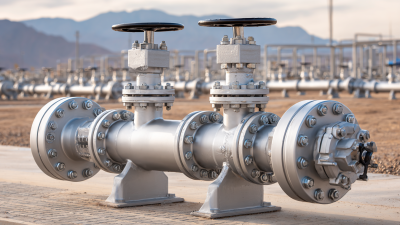
How to Evaluate the Cost Effectiveness of PVC Gate Valves for Your Procurement Needs
-
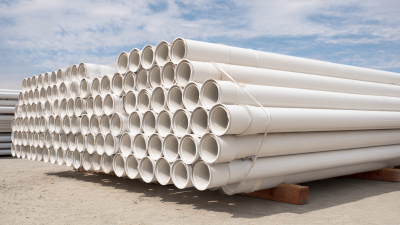
How to Choose the Right U Pvc Pipe for Your Project
-
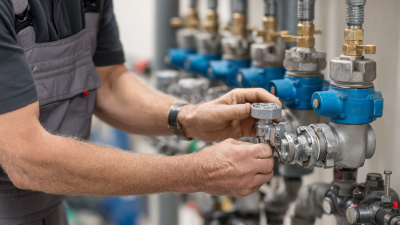
How to Choose the Right 1 Inch PVC Valves for Your Plumbing Needs
-
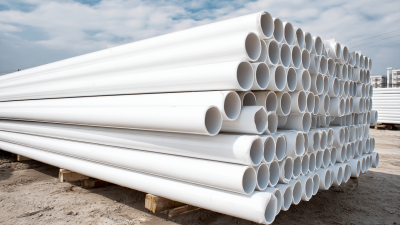
7 Essential Tips for Sourcing Upvc Pipes: What Every Global Buyer Needs to Know
-
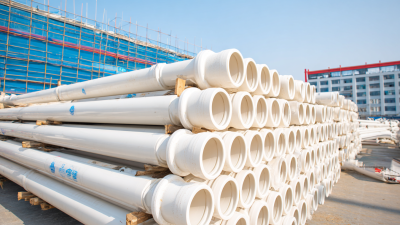
Comprehensive Guide to Choosing the Best Upvc Pipe Fittings for Your Project
-
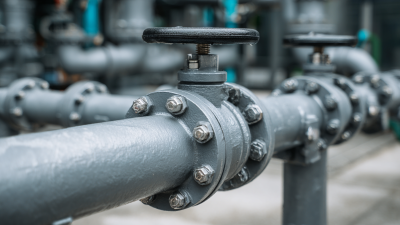
7 Essential Tips for Choosing the Best 6 PVC Ball Valves for Your Projects
Blog Tags:

Ethan
Application

Underground pipeline
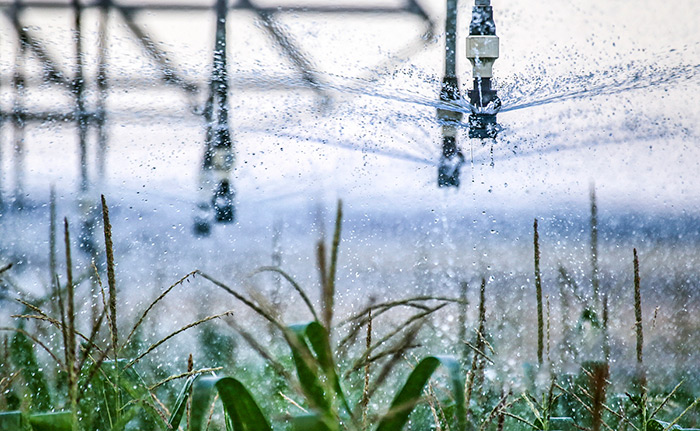
Irrigation System
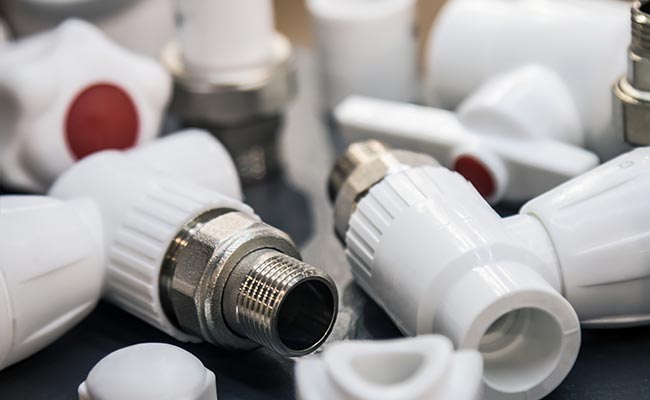
Water Supply System


